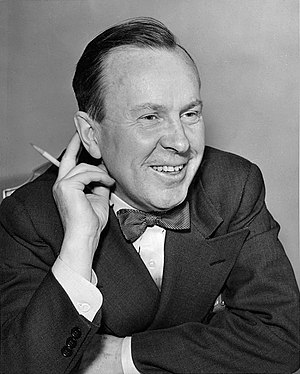 Sometimes you just need to celebrate the things that you are good at doing. It’s not really a self-indulgent romp or even an arrogant foray into self-centredness. No, it’s really an honest and open acknowledgement of strength, a graceful nod to something you do well. I’m going to spend a small amount of time looking at a subject that I occasionally excel in, but also I want to acknowledge a few true masters of the art. I want to look at the art of procrastination.
Sometimes you just need to celebrate the things that you are good at doing. It’s not really a self-indulgent romp or even an arrogant foray into self-centredness. No, it’s really an honest and open acknowledgement of strength, a graceful nod to something you do well. I’m going to spend a small amount of time looking at a subject that I occasionally excel in, but also I want to acknowledge a few true masters of the art. I want to look at the art of procrastination.
Who doesn’t love to indulge in the occasional moment of procrastination? At it’s core, procrastination is about taking your time, delaying the inevitable or avoiding it all together, if you are very clever. Who doesn’t think the slow food movement is a great idea? Aren’t we always being told to slow down and smell the coffee? Doing less has got to be a stress buster. Don’t we all want to take a deep breath and then do absolutely nothing? Who doesn’t enjoy a good tangent?
“Never put off till tomorrow what may be done day after tomorrow just as well.”
If you are really good at it, and I have aspired to master status on occasion, you can procrastinate for years. It seems like a challenging feat I know, but with enough…drive (??) you too can delay doing all the things that are boring, tedious, of questionable value and dubious moral fibre. With time, focus and dedication, anyone can become a master procrastinator. In fact, you may have attained the status without knowing it. Are you frustrated by “early bird” specials? Are you usually politely late for dinner parties?
In fairness, I should point out that procrastination is in my genes. My family comes from Barbados and if you’ve ever been to the islands, you know that West Indians simply can’t be rushed. I was going to concert in Barbados with a cousin of mine a few years ago. It started at seven that night and that’s around the time he arrived home, then he took a shower and got changed. Then we had a drink. On our way to the concert, about nine, we saw a friend and stopped to chat. In the middle of the road, in our cars. We arrived at the concert around ten. The band hadn’t started playing yet.
“Bajan time real special, ya, it made for you and me, and it ain’t got one damn thing to do with punctuality.”
Jeanette Layne-Clarke
Now some may scoff at the thought. Who, they say with some contempt, would ever want to be a procrastinator? What good could ever come of it? Well, tell that to Richard Sheridan, a playwright and politician, who finished writing the final act of his play, The School for Scandal, while it was being performed. Can you imagine what the actors on stage were doing while waiting for their lines? I hope they were good procrastinators. Then there is Leonardo da Vinci, great art takes time, but 16 years to finish the Mona Lisa? It’s not that big. If he’s not a procrastinator, I don’t understand the meaning of the word. There are more of course, but I’ll have to share them with you later.
By the way, I was going to post this article last March during procrastination week, yes, that’s real, but…well, you know. If you’re looking for ways to be useful during your procrastination attempts, then wander over to Patricia Weber’s Blog, she has an excellent post called, “What is Productive Procrastination?”
If you’d enjoy a few minutes more of avoidance, then please listen to the following poem written by Jeanette Layne-Clarke and read by Alfred Pragnell. It’s very funny and captures the spirit of how Bajan’s view time perfectly. The poem starts at the two minute mark.
http://www.youtube.com/watch?v=WwYrEgvjdn8?t=117s
I hope you enjoyed a good moment of avoidance while reading this post. Has procrastination ever gotten you in trouble? Have you ever procrastinated and it ended up being one of the best things you could have done?





